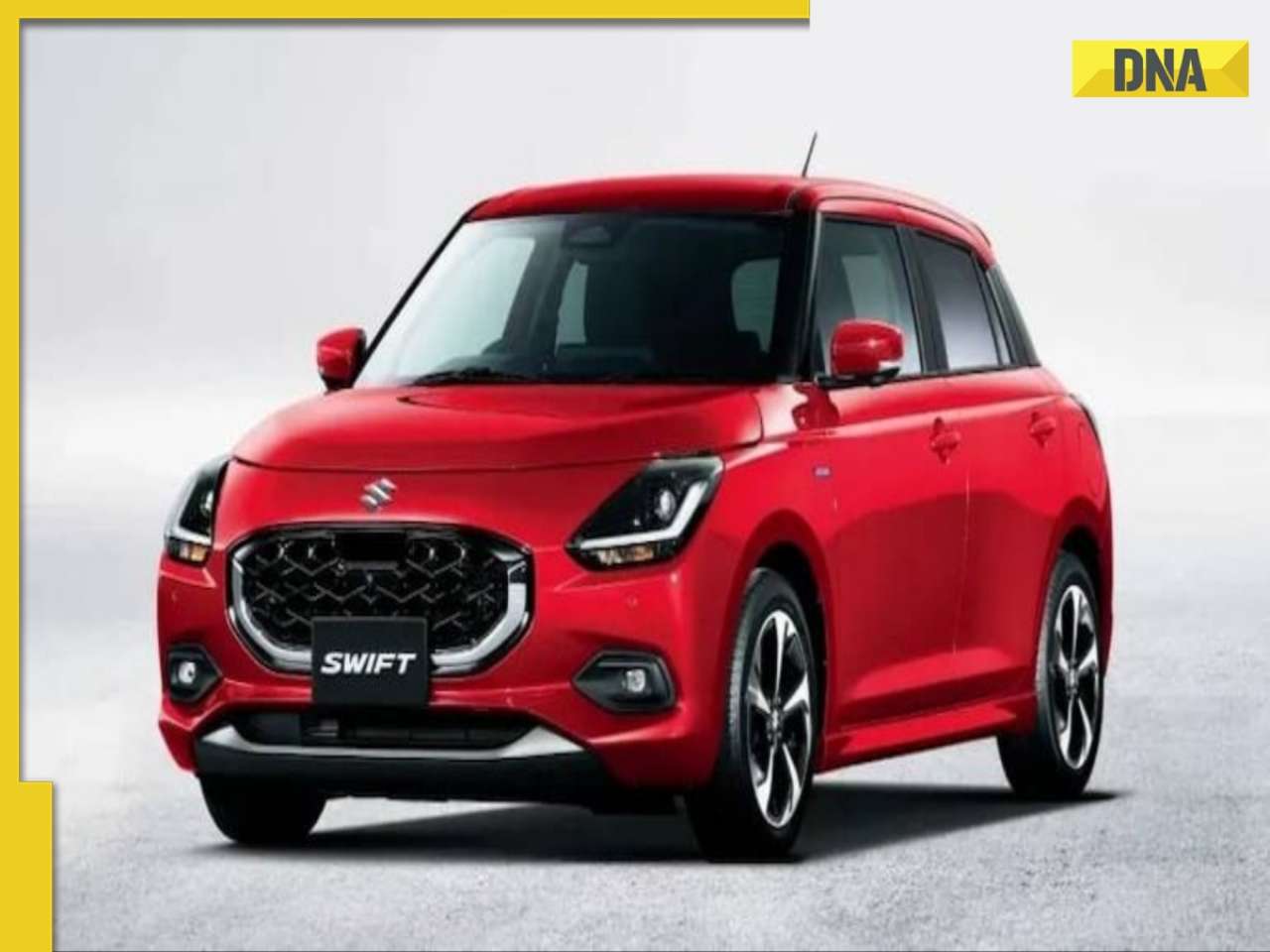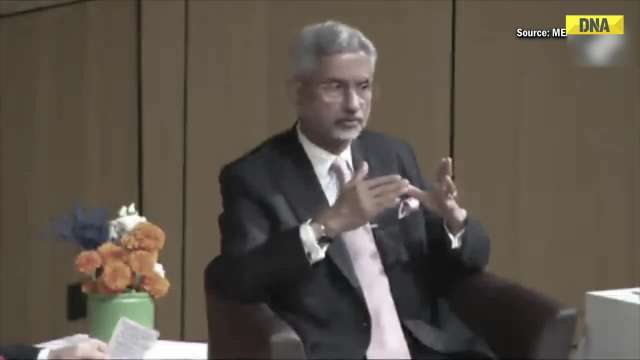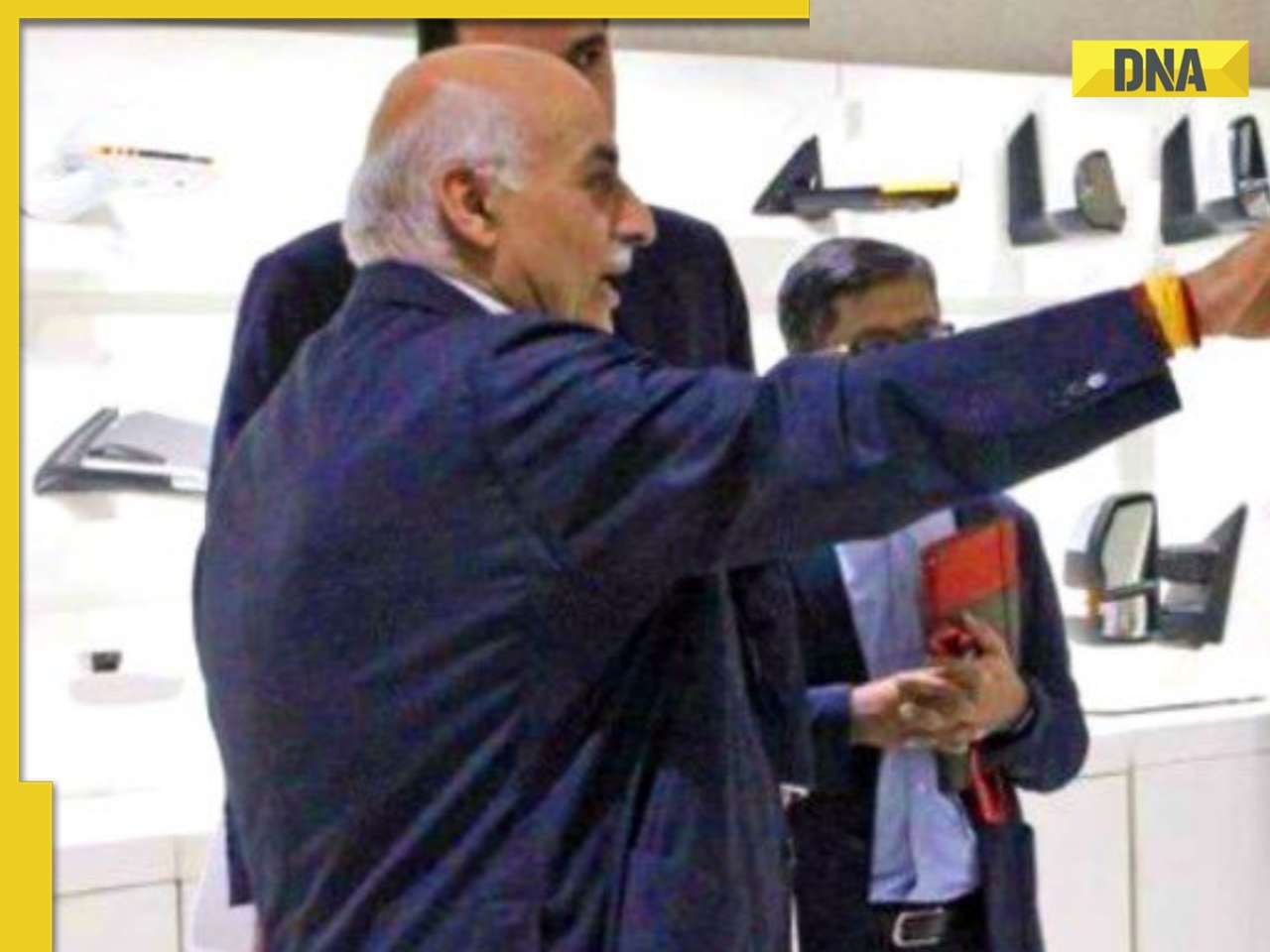Learn about electric roads and how they work.
Electric roads are becoming an increasingly discussed topic, but what exactly are they? Electric roads are a potential solution to the limited range and charging time problems of electric vehicles, especially for long-distance travel. They have caught the attention of the Indian government and many companies around the world, including Volkswagen and Volvo.
The Union Road Transport and Highways Minister, Nitin Gadkari, is known for implementing new experiments and has contributed to the discussion of electric roads in India. He has talked about electric roads on several occasions and is currently in talks with some companies, including Tata, about the possibility of electric roads. Many believe that electric roads can provide a better option for transportation.
The main reason why electric vehicles are gaining popularity worldwide is due to their eco-friendly nature. The biggest problem with conventional vehicles that run on petrol or diesel is that they contribute to air pollution. The world is emphasizing the need to reduce carbon emissions due to problems like global warming. Governments are promoting electric vehicles because they do not emit any smoke at all.
Cost is also a major factor in the adoption of electric vehicles. In India, the government spends a significant amount of money on crude oil, with over 80% of the consumption of diesel and petrol being met by imported crude oil. Reducing this expenditure will decrease India's dependence on other countries and save valuable foreign exchange reserves. Additionally, the cost of running electric vehicles is significantly less than that of running petrol or diesel vehicles, as the cost of charging the batteries is marginal in comparison to the cost of filling petrol or diesel. Furthermore, the servicing cost of electric vehicles is also very low.
However, despite the advancements in technology, electric vehicles have their own limitations. The biggest drawback is the limited range of the battery and the time it takes to charge. Good electric vehicles are currently giving a range of 500-700 km, which means that if you need to travel long distances, you will have to stop and charge the battery several times. This is particularly problematic for commercial vehicles, such as trucks, that often travel long distances. The second problem is the use of lithium in the battery, which like crude oil, is also imported. This means that although the problem of carbon emissions has been reduced, the dependence on imports remains.
This is where electric roads come in as a potential solution. Many companies around the world are working on electric roads, including Volkswagen and Volvo. Electric roads have been built experimentally in Stockholm, Sweden and Detroit, USA. The Swedish government is preparing to build a 3000 km-long electric highway.
There are two concepts for electric roads. The first concept is based on an overhead electric wire, similar to that used by trains or metros. Volkswagen's concept is based on this and involves running hybrid vehicles. The vehicles will run on electricity where there are overhead wires and will run on battery or petrol-diesel where there are no overhead wires. The second concept involves transmitting electricity to the engine of the vehicles through the tires. Volvo's model is designed to avoid overhead wires and make the roads safer, especially in cities.
Read more: Explained: How 65 cyber thugs caught in Nuh, cheated 28,000 people of staggering Rs 100 crore
![submenu-img]() How Kareena Kapoor, Hansal Mehta's The Buckingham Murders breaks moulds to emerge as a rare post-pandemic hit thriller
How Kareena Kapoor, Hansal Mehta's The Buckingham Murders breaks moulds to emerge as a rare post-pandemic hit thriller![submenu-img]() Bhool Bhulaiyaa 3 director Anees Bazmee on box office clash with Singham Again: 'Why should I talk to Ajay Devgn?'
Bhool Bhulaiyaa 3 director Anees Bazmee on box office clash with Singham Again: 'Why should I talk to Ajay Devgn?'![submenu-img]() Meet man, son of auto driver, resigned after being insulted as police constable, then cracked UPSC exam to become...
Meet man, son of auto driver, resigned after being insulted as police constable, then cracked UPSC exam to become...![submenu-img]() Congress releases manifesto for J-K polls, promises Rs 4000 to...
Congress releases manifesto for J-K polls, promises Rs 4000 to...![submenu-img]() Arjun Tendulkar shines with 9-wicket haul in dominant victory for...
Arjun Tendulkar shines with 9-wicket haul in dominant victory for...![submenu-img]() Mamata Banerjee और प्रदर्शनकारी डॉक्टरों के बीच हुई मीटिंग, जानें किन मांगों पर बनी बात
Mamata Banerjee और प्रदर्शनकारी डॉक्टरों के बीच हुई मीटिंग, जानें किन मांगों पर बनी बात![submenu-img]() Bihar Politics: बिहार की राजनीति में अब जासूसी कांड, Tejashwi Yadav ने लगाया बड़ा आरोप
Bihar Politics: बिहार की राजनीति में अब जासूसी कांड, Tejashwi Yadav ने लगाया बड़ा आरोप![submenu-img]() हरी झंडी दिखाने की मची होड़, धक्का-मुक्की में वंदे भारत ट्रेन के आगे गिरीं BJP विधायक, VIDEO
हरी झंडी दिखाने की मची होड़, धक्का-मुक्की में वंदे भारत ट्रेन के आगे गिरीं BJP विधायक, VIDEO![submenu-img]() जम्मू-कश्मीर में पहले चरण का चुनाव प्रचार थमा, 18 सितंबर को 24 सीटों पर डाले जाएंगे वोट
जम्मू-कश्मीर में पहले चरण का चुनाव प्रचार थमा, 18 सितंबर को 24 सीटों पर डाले जाएंगे वोट![submenu-img]() Shakira संग लाइव कॉ�न्सर्ट में हुई बदसलूकी, चोरी छुपे एक शख्स ने रिकॉर्ड किया Video
Shakira संग लाइव कॉ�न्सर्ट में हुई बदसलूकी, चोरी छुपे एक शख्स ने रिकॉर्ड किया Video![submenu-img]() Ford to return to India after 2 years with reopening of....
Ford to return to India after 2 years with reopening of....![submenu-img]() Maruti Suzuki launches new Swift CNG, check price, mileage, other features
Maruti Suzuki launches new Swift CNG, check price, mileage, other features![submenu-img]() ‘30 LPA, 3BHK, no in-laws’: Woman earning Rs 1.32 lakh salary lists demands for future husband, netizens say...
‘30 LPA, 3BHK, no in-laws’: Woman earning Rs 1.32 lakh salary lists demands for future husband, netizens say...![submenu-img]() In a big EV push, Centre launches Rs 10900 crore PM E-Drive scheme to replace…
In a big EV push, Centre launches Rs 10900 crore PM E-Drive scheme to replace…![submenu-img]() World’s longest car has helipad, swimming pool, mini-golf course, can seat over…; it cost…
World’s longest car has helipad, swimming pool, mini-golf course, can seat over…; it cost…![submenu-img]() Meet man, son of auto driver, resigned after being insulted as police constable, then cracked UPSC exam to become...
Meet man, son of auto driver, resigned after being insulted as police constable, then cracked UPSC exam to become...![submenu-img]() Meet woman who cracked UPSC at 22 without coaching while looking after ailing father, but then lost parents, now she...
Meet woman who cracked UPSC at 22 without coaching while looking after ailing father, but then lost parents, now she...![submenu-img]() Meet man, IIT graduate, who left Rs 1 crore salary job for UPSC, secured AIR 1 in 1st attempt, posted in...
Meet man, IIT graduate, who left Rs 1 crore salary job for UPSC, secured AIR 1 in 1st attempt, posted in...![submenu-img]() How to Crack NEET 2025 in First Attempt?
How to Crack NEET 2025 in First Attempt?![submenu-img]() SBI SCO Recruitment 2024 Notification: Sarkari Naukri for 1497 posts, check eligibility and selection process
SBI SCO Recruitment 2024 Notification: Sarkari Naukri for 1497 posts, check eligibility and selection process![submenu-img]() Kolkata Doctor Case: Protesting Doctors React After CBI Arrests Sandip Ghosh And Abhijit Mondal
Kolkata Doctor Case: Protesting Doctors React After CBI Arrests Sandip Ghosh And Abhijit Mondal![submenu-img]() Nitin Gadkari: Union Minister Nitin Gadkari Reveals He Was Offered Support For PM Post But Declined
Nitin Gadkari: Union Minister Nitin Gadkari Reveals He Was Offered Support For PM Post But Declined![submenu-img]() Kolkata Doctor Case: Junior Doctors Protest For 5th Night As Talks With CM Mamata Fail Again
Kolkata Doctor Case: Junior Doctors Protest For 5th Night As Talks With CM Mamata Fail Again![submenu-img]() Muslim Sculptor Crafts Tiny Ganesh Idols On Pencil Graphite #shorts #viralvideo #ganesh
Muslim Sculptor Crafts Tiny Ganesh Idols On Pencil Graphite #shorts #viralvideo #ganesh![submenu-img]() Jaishankar: EAM Dr. S. Jaishankar On India-China Relations & Disengagement Problems | Ladakh
Jaishankar: EAM Dr. S. Jaishankar On India-China Relations & Disengagement Problems | Ladakh![submenu-img]() Meet man, who turned Bajaj Housing Finance into Rs 137406 crore company, not from IIT, IIM, he is...
Meet man, who turned Bajaj Housing Finance into Rs 137406 crore company, not from IIT, IIM, he is...![submenu-img]() Meet woman who failed to secure a job, then built Rs 800 crore company by selling waste from home, her business is…
Meet woman who failed to secure a job, then built Rs 800 crore company by selling waste from home, her business is…![submenu-img]() Meet Mukesh Ambani's brother, 'third son' of Dhirubhai Ambani, who left his business to join Reliance, he is...
Meet Mukesh Ambani's brother, 'third son' of Dhirubhai Ambani, who left his business to join Reliance, he is...![submenu-img]() Meet man, an Indian, who is set to invest Rs 1258245000 in Israeli company to...
Meet man, an Indian, who is set to invest Rs 1258245000 in Israeli company to...![submenu-img]() This Shark Tank judge still uses Zomato coupons, says, 'I get excited about Rs 40…’
This Shark Tank judge still uses Zomato coupons, says, 'I get excited about Rs 40…’![submenu-img]() Meet 7 biggest wealth gainers of 2024, Elon Musk, Mukesh Ambani, Ratan Tata, not in the list
Meet 7 biggest wealth gainers of 2024, Elon Musk, Mukesh Ambani, Ratan Tata, not in the list![submenu-img]() Meet Lucknow's richest man with net worth of Rs 12580 crore, he is...
Meet Lucknow's richest man with net worth of Rs 12580 crore, he is...![submenu-img]() Siddharth, Aditi Rao Hydari share first photos from their traditional south Indian wedding: 'Mrs and Mr Adu-Siddhu'
Siddharth, Aditi Rao Hydari share first photos from their traditional south Indian wedding: 'Mrs and Mr Adu-Siddhu'![submenu-img]() In pics: Priyanka Chopra stuns in bikini as she takes 'perfect pause' for beach vacation with Nick Jonas, Malti Marie
In pics: Priyanka Chopra stuns in bikini as she takes 'perfect pause' for beach vacation with Nick Jonas, Malti Marie![submenu-img]() From John F Kennedy to Donald Trump: List of US politicians who were assassinated or targeted
From John F Kennedy to Donald Trump: List of US politicians who were assassinated or targeted![submenu-img]() Congress releases manifesto for J-K polls, promises Rs 4000 to...
Congress releases manifesto for J-K polls, promises Rs 4000 to...![submenu-img]() Jammu Kashmir Assembly Election 2024: Multi-tier security arrangements put up in J-K ahead of 1st phase polls
Jammu Kashmir Assembly Election 2024: Multi-tier security arrangements put up in J-K ahead of 1st phase polls![submenu-img]() Haryana Assembly Election 2024: BJP's Sirsa candidate withdraws nomination party may support...
Haryana Assembly Election 2024: BJP's Sirsa candidate withdraws nomination party may support...![submenu-img]() Sebi withdraws statement on 'unprofessional work culture' amid employee unrest, commits to...
Sebi withdraws statement on 'unprofessional work culture' amid employee unrest, commits to...![submenu-img]() Kolkata doctor rape, murder case: Protesting doctors accept Mamata Banerjee's ‘final’ talks invite on these 3 conditions
Kolkata doctor rape, murder case: Protesting doctors accept Mamata Banerjee's ‘final’ talks invite on these 3 conditions












































)





)
)
)
)
)
)